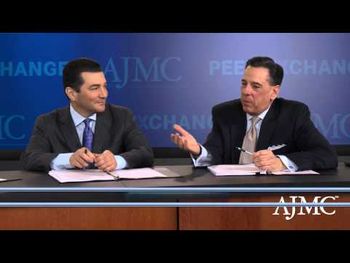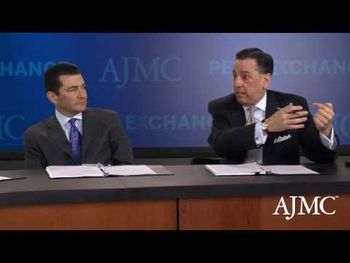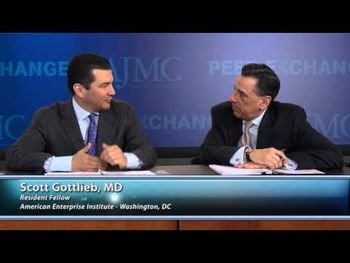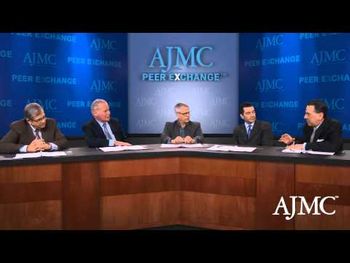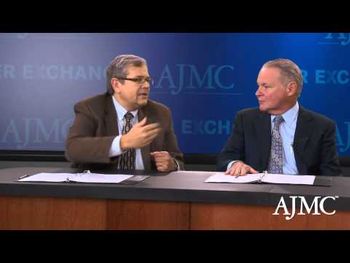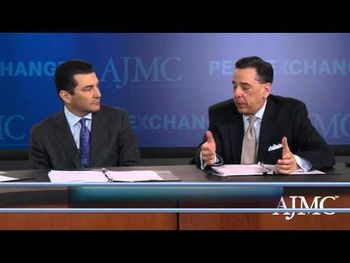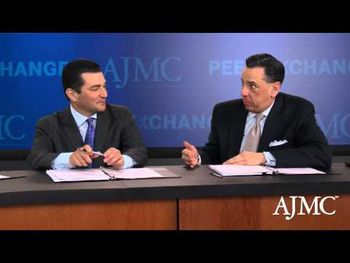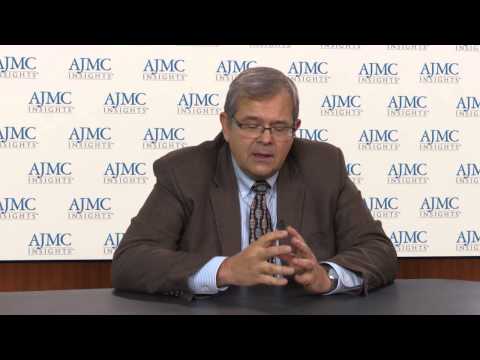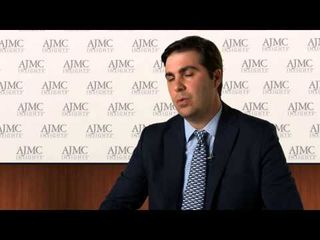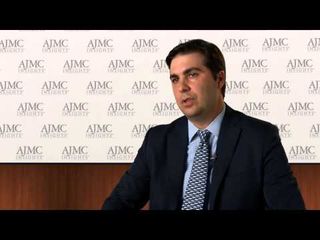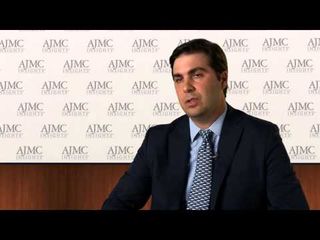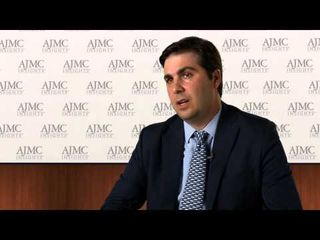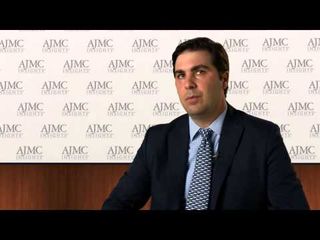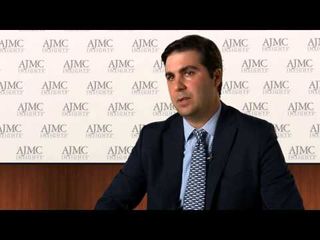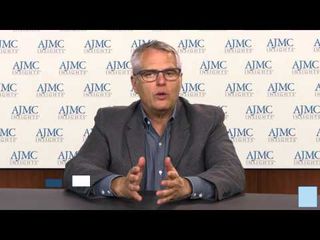
Value-Based Care
Latest News
Latest Videos

CME Content
More News

The Pioneer ACO Model successfully reported smaller increases in total Medicare expenditures and reductions in health service utilization, for savings of approximately $385 million during the first 2 years compared with general Medicare fee-for-service.

As accountable care organizations work to deliver population health, patient satisfaction, and cost savings, the need to engage patients as partners in their own healthcare has never been more essential. The ACO and Emerging Healthcare Delivery Coalition, an initiative of The American Journal of Managed Care, gathered this week at the historic Hotel del Coronado in San Diego, California, to explore ways to make patients the starting points of healthcare, not just its recipients.

Given the diverse stakeholders in attendance, the hallway conversations at the ACO and Emerging Healthcare Delivery Coalition Spring 2015 meeting in San Diego, California, were just as interesting as the sessions, according to Anthony D. Slonim, MD, DrPH, president and chief executive officer for Renown Health, and co-chair of Coalition.

The use of a tiered network was associated with the increased use of hospitals on the preferred and middle tiers for planned hospital admissions compared with the nonpreferred tier, according to a paper in Health Services Research.

The ACO and Emerging Healthcare Delivery Coalition, an initiative of The American Journal of Managed Care, will host its first meeting on the West Coast April 30-May 1, 2015, at the Hotel del Coronado in San Diego, California. An outstanding group of faculty will take part as this multistakeholder group meets for the first time since the announcement of the ACO "Next Generation" initiative.

One of the challenges providers will face in the new Oncology Care Model that CMS announced earlier this year is measuring quality and meeting quality standards under, according to Patti Forest, MD, MBA, senior medical director of network quality and performance at Blue Cross Blue Shield of North Carolina.

Accountable care organizations were created under the Affordable Care Act to improve healthcare delivery to a defined population. As writers in the new issue of Evidence-Based Oncology discuss, while palliative care exists to raise the quality of life for the seriously ill, it can also speak to the value equation of delivering care that patients want at a lower cost.

